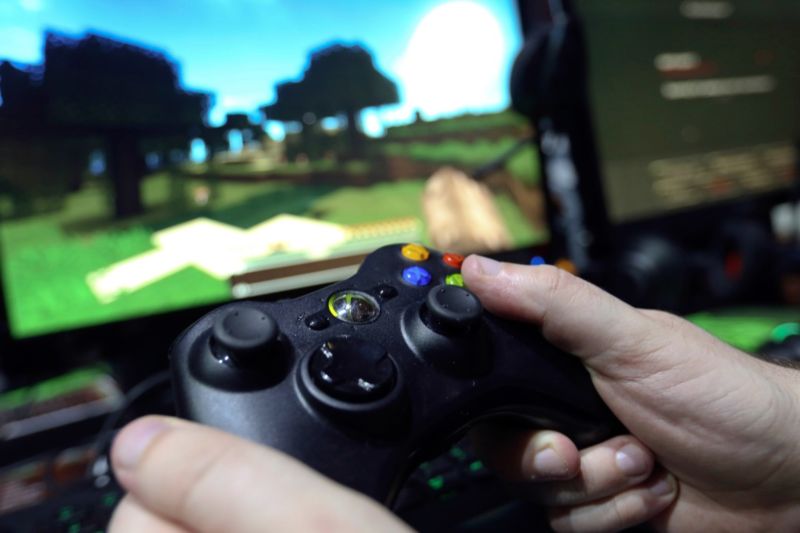[ad_1]

Enlarge / A visitor holds a hand control unit to play Minecraft during the EGX gaming conference in London, September 2014. (credit: Chris Ratcliffe/Bloomberg/Getty Images)
Pete Etchells lost his father to motor neuron disease as a teenager, and often, when the anniversary of his death rolled around, he found solace in playing video games, like hunting for the elusive Time Lost Proto-Drake in World of Warcraft. Gaming started as an escape, but over time, he found those virtual worlds helped him grapple with the difficult questions of human mortality and death. He even recreated a log cabin in Minecraft, drawing on memories of where he’d stayed at Yosemite on vacation with his father.
Now a psychologist at Bath Spa University in England but still an avid gamer, Etchells specializes in understanding the behavioral effects—both positive and negative—of video games. He chose that focus after going on an alcohol-fueled pub rant as a graduate student, annoyed by a fear-mongering newspaper headline claiming that computer games cause dementia in children. He knew from personal experience how gaming had helped him process his grief, and his research has helped bring concrete evidence to bear on the lingering debate about whether video games are bad for you.
Etchells explores all this and more in his first book, Lost in a Good Game—part personal memoir, part cultural history, part popular science. Ars sat down with Etchells to learn more about how gaming can be a force for good, instead of rotting our collective brains.
Read 24 remaining paragraphs | Comments
[ad_2]
Source link
